Home>Furniture & Design>Bathroom Accessories>What Are Toothbrush Bristles Made Of
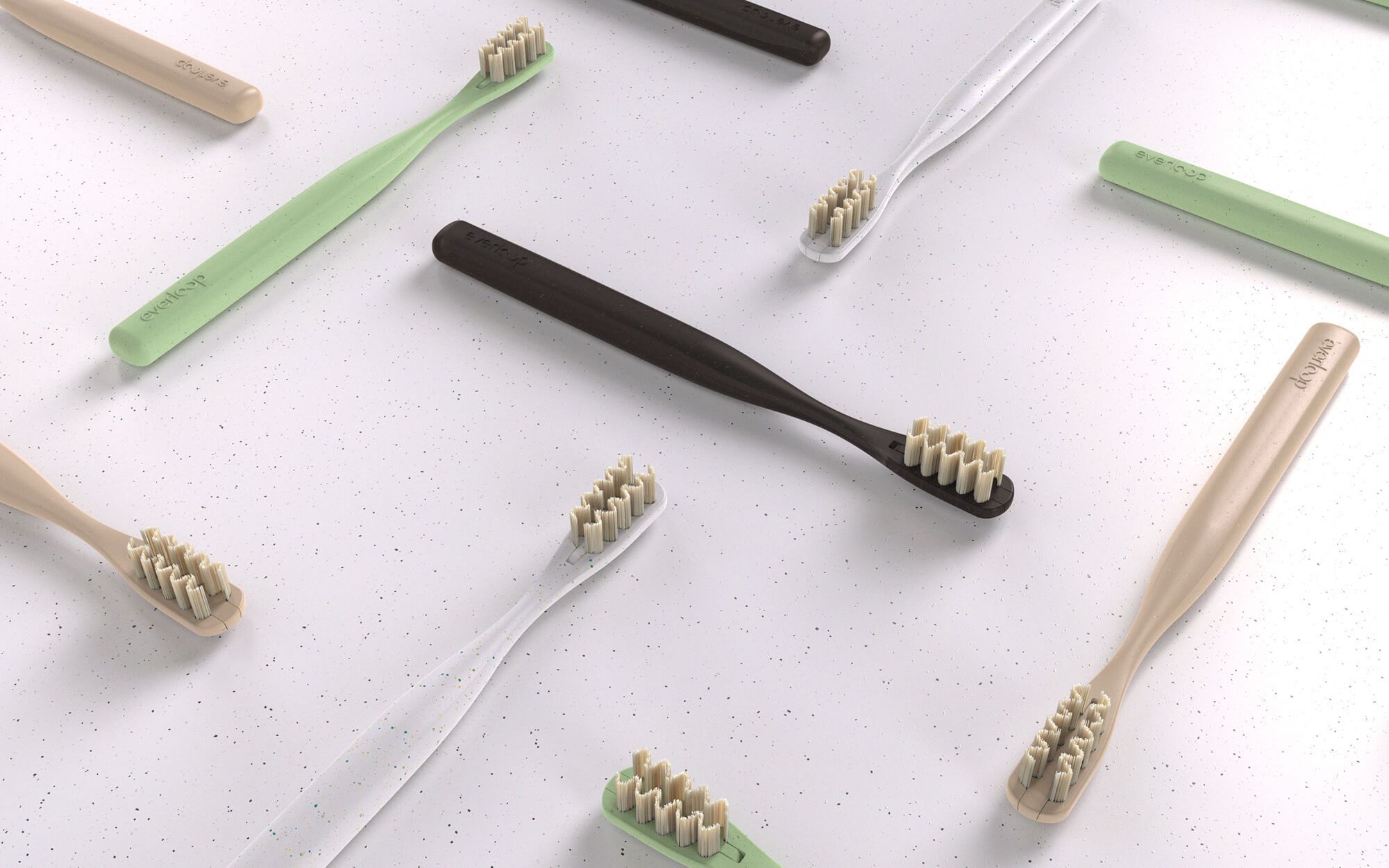

Bathroom Accessories
What Are Toothbrush Bristles Made Of
Modified: April 22, 2024
Discover the materials used for toothbrush bristles and their impact on oral hygiene. Find out more about bathroom accessories and their composition.
(Many of the links in this article redirect to a specific reviewed product. Your purchase of these products through affiliate links helps to generate commission for Storables.com, at no extra cost. Learn more)
Introduction
When it comes to maintaining good oral hygiene, the toothbrush is a fundamental tool that we use every day. However, have you ever stopped to ponder the intricate details of this seemingly simple yet essential item? One of the key components of a toothbrush that often goes unnoticed is the bristles. These tiny, slender filaments play a crucial role in effectively removing plaque and debris from our teeth and gums. Understanding the composition of toothbrush bristles can shed light on the diverse options available and help us make informed choices for our oral care routine.
The material used to make toothbrush bristles varies widely, ranging from natural to synthetic and even biodegradable options. Each type of bristle material possesses unique characteristics that influence its effectiveness and environmental impact. By delving into the world of toothbrush bristles, we can gain a deeper appreciation for the thought and innovation that goes into the design of this everyday essential. Let's embark on a fascinating journey to explore the diverse materials that form the bristles of our trusty toothbrushes.
Key Takeaways:
- Natural bristles like agave and bamboo charcoal offer eco-friendly and gentle cleaning, aligning with the global emphasis on environmental responsibility.
- Synthetic bristles provide consistent quality, durability, and versatility, catering to diverse oral care needs while being cruelty-free and cost-effective.
Read more: What Toothbrush Bristles Are Best
Natural Bristles
Natural bristles have a rich history in the realm of toothbrush manufacturing, with boar hair being a traditional choice for many years. Boar hair bristles were favored for their softness and flexibility, making them gentle on the gums while effectively removing plaque. However, due to concerns about animal welfare and hygiene, boar hair bristles have become less common in modern toothbrushes.
In recent years, natural bristles derived from animal hair have been largely replaced by plant-based alternatives, such as those made from the fibers of the Mexican cactus plant known as agave. These bristles offer a sustainable and eco-friendly option for individuals seeking a natural alternative to synthetic materials. Agave bristles are known for their softness and ability to reach tight spaces between teeth, providing a thorough cleaning experience.
Another natural bristle option gaining popularity is bamboo charcoal-infused bristles. Bamboo charcoal is revered for its natural antibacterial properties, which can help inhibit the growth of bacteria on the toothbrush bristles. Additionally, the charcoal infusion can aid in removing stains and impurities from the teeth, contributing to a brighter smile.
Natural bristles, whether derived from plants or infused with beneficial elements like charcoal, offer a compelling eco-conscious choice for consumers. The sustainable nature of these materials aligns with the growing global emphasis on environmental responsibility, making natural bristles an attractive option for those seeking to minimize their ecological footprint.
As we continue to witness advancements in sustainable materials and innovative natural bristle options, the future of toothbrush bristles appears to be moving toward a harmonious blend of effectiveness, environmental consciousness, and ethical considerations. Embracing the diversity of natural bristle offerings allows individuals to make mindful choices that promote both personal well-being and environmental stewardship.
Synthetic Bristles
Synthetic bristles have revolutionized the toothbrush industry, offering a wide array of benefits that cater to diverse oral care needs. These bristles are typically made from nylon, a synthetic polymer that can be precisely engineered to exhibit specific characteristics, such as flexibility, durability, and resistance to bacterial growth.
One of the key advantages of synthetic bristles is their consistent quality and uniformity, ensuring that each bristle possesses the same level of resilience and cleaning efficacy. Unlike natural bristles, which can vary in texture and quality, synthetic bristles provide a standardized brushing experience, allowing for predictable and reliable oral care outcomes.
The versatility of nylon bristles enables manufacturers to design toothbrushes with varying bristle configurations, including soft, medium, and firm options. This flexibility allows individuals to select bristles that align with their specific dental requirements, whether they seek gentle cleaning for sensitive gums or more robust plaque removal for thorough oral hygiene.
Furthermore, synthetic bristles are adept at resisting moisture absorption, which can help prevent the proliferation of bacteria and mold on the toothbrush. This inherent resilience to microbial growth contributes to the longevity and hygiene of the bristles, promoting a cleaner brushing experience over time.
In addition to their functional attributes, synthetic bristles offer a cost-effective and cruelty-free alternative to natural bristles derived from animal sources. The production of nylon bristles does not involve animal-derived materials, making them a vegan-friendly option for individuals who prioritize ethical consumption practices.
As technology continues to advance, the evolution of synthetic bristles has led to the introduction of innovative features, such as tapered bristle designs and micro-textured surfaces. These enhancements aim to enhance plaque removal and promote gentle yet thorough cleaning, catering to the evolving demands of oral care enthusiasts.
The widespread availability and affordability of toothbrushes with synthetic bristles make them accessible to a broad spectrum of consumers, empowering individuals to prioritize their oral health without compromising on quality or sustainability.
In essence, synthetic bristles represent a cornerstone of modern oral care, embodying precision engineering, versatility, and ethical considerations. As the dental industry continues to embrace innovation, synthetic bristles remain at the forefront of delivering effective and dependable solutions for maintaining optimal oral hygiene.
When choosing a toothbrush, look for bristles made of nylon. Nylon bristles are strong and flexible, making them effective for cleaning teeth without causing damage to the enamel.
Biodegradable Bristles
In response to the growing global emphasis on sustainability and environmental consciousness, the oral care industry has witnessed a surge in the development of biodegradable toothbrush bristles. These innovative bristles are crafted from a diverse range of organic and compostable materials, offering a compelling solution for individuals seeking to minimize their ecological impact while maintaining excellent oral hygiene.
One prominent material utilized in the production of biodegradable bristles is castor oil, derived from the seeds of the castor bean plant. Castor oil bristles are celebrated for their eco-friendly composition and biodegradability, as they can naturally break down over time without leaving a lasting environmental footprint. These bristles exhibit remarkable durability and resilience, providing a sustainable alternative to traditional synthetic options.
Furthermore, biodegradable bristles often feature plant-based components, such as cornstarch and bamboo fiber, which contribute to their eco-conscious appeal. These natural materials undergo a decomposition process, allowing the bristles to return to the earth without causing harm to the environment. The utilization of renewable resources in biodegradable bristles aligns with the principles of circular economy and sustainable production, fostering a more harmonious relationship between consumer practices and ecological preservation.
In addition to their environmental benefits, biodegradable bristles offer a gentle and effective cleaning experience, catering to individuals with sensitive gums and a penchant for natural oral care solutions. The soft and pliable nature of these bristles ensures a comfortable brushing experience while promoting thorough plaque removal and gum stimulation.
As the demand for sustainable oral care alternatives continues to gain momentum, the availability of toothbrushes featuring biodegradable bristles has expanded, providing consumers with a diverse selection of eco-friendly options. By embracing biodegradable bristles, individuals can actively contribute to the reduction of plastic waste and the conservation of natural resources, fostering a more sustainable future for generations to come.
In essence, the emergence of biodegradable bristles represents a pivotal stride toward aligning oral care practices with environmental stewardship. By integrating these eco-friendly bristles into daily oral hygiene routines, individuals can embark on a meaningful journey toward preserving the planet while nurturing their dental well-being.
Conclusion
In conclusion, the world of toothbrush bristles encompasses a rich tapestry of materials, each offering unique benefits and considerations for consumers. From the traditional allure of natural bristles to the precision-engineered versatility of synthetic options and the eco-conscious appeal of biodegradable alternatives, the landscape of toothbrush bristles reflects a convergence of innovation, sustainability, and oral care efficacy.
The evolution of natural bristles has witnessed a shift toward plant-based and sustainable sources, aligning with the global emphasis on environmental responsibility. Materials such as agave fibers and bamboo charcoal infusion exemplify the harmonious fusion of nature's gifts with oral care functionality, providing consumers with a compelling array of eco-friendly choices.
Synthetic bristles, characterized by their consistency, durability, and adaptability, have redefined the standards of modern oral care. The engineering precision of nylon bristles enables individuals to tailor their brushing experience to meet specific dental needs, while also embracing cruelty-free and cost-effective solutions.
The emergence of biodegradable bristles represents a pivotal stride toward aligning oral care practices with environmental stewardship. By integrating these eco-friendly bristles into daily oral hygiene routines, individuals can actively contribute to the reduction of plastic waste and the conservation of natural resources, fostering a more sustainable future for generations to come.
As we navigate the diverse landscape of toothbrush bristles, it becomes evident that the choices we make extend beyond personal oral care preferences; they resonate with broader environmental and ethical considerations. Whether opting for natural, synthetic, or biodegradable bristles, consumers have the opportunity to make mindful decisions that reflect their values and contribute to a more sustainable world.
In essence, the journey through the realm of toothbrush bristles unveils a narrative of innovation, conscientious choices, and the enduring quest for optimal oral health. By embracing the diversity of bristle materials and their inherent qualities, individuals can embark on a meaningful journey toward nurturing their smiles while treading lightly on the planet.
Frequently Asked Questions about What Are Toothbrush Bristles Made Of
Was this page helpful?
At Storables.com, we guarantee accurate and reliable information. Our content, validated by Expert Board Contributors, is crafted following stringent Editorial Policies. We're committed to providing you with well-researched, expert-backed insights for all your informational needs.
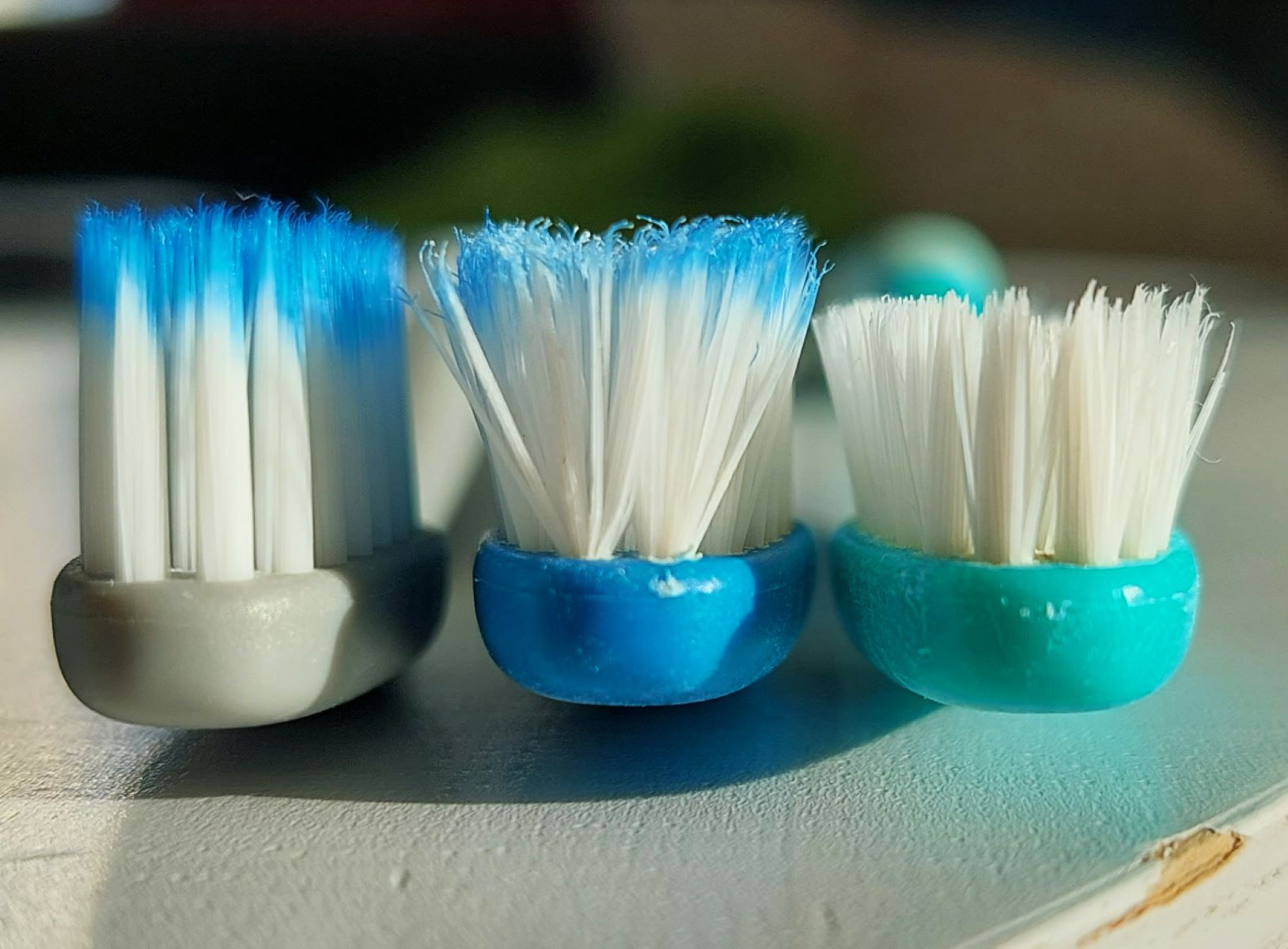
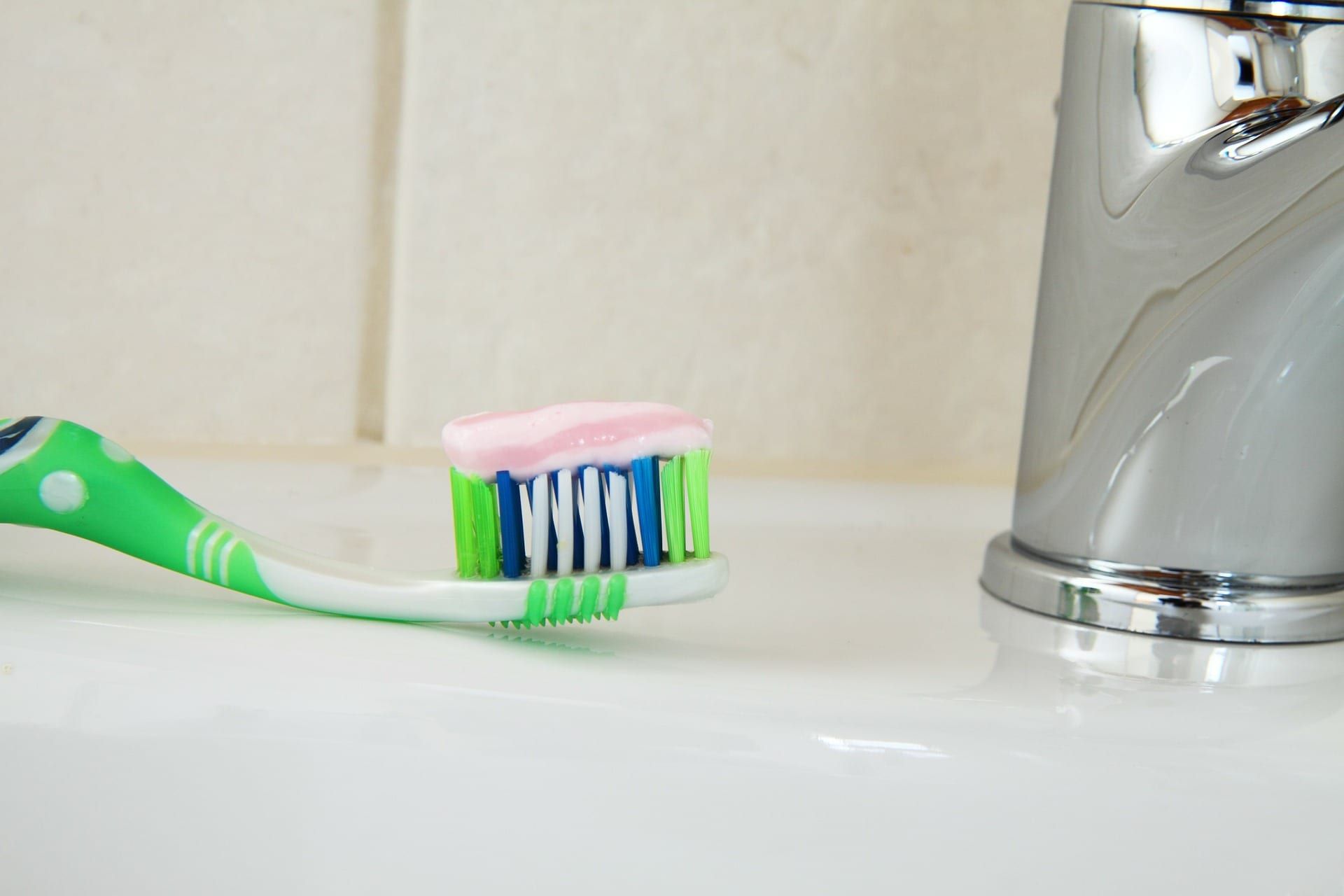
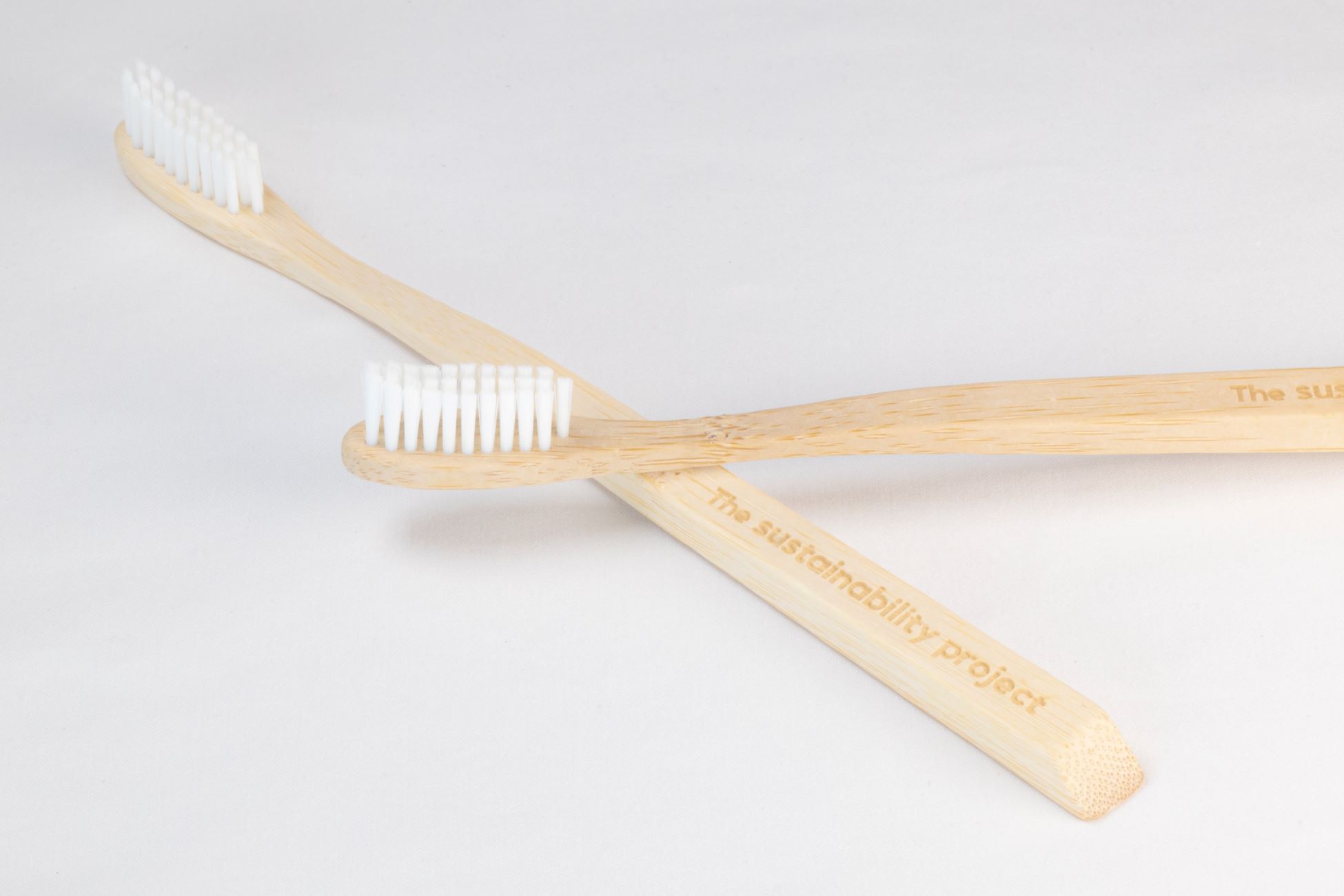
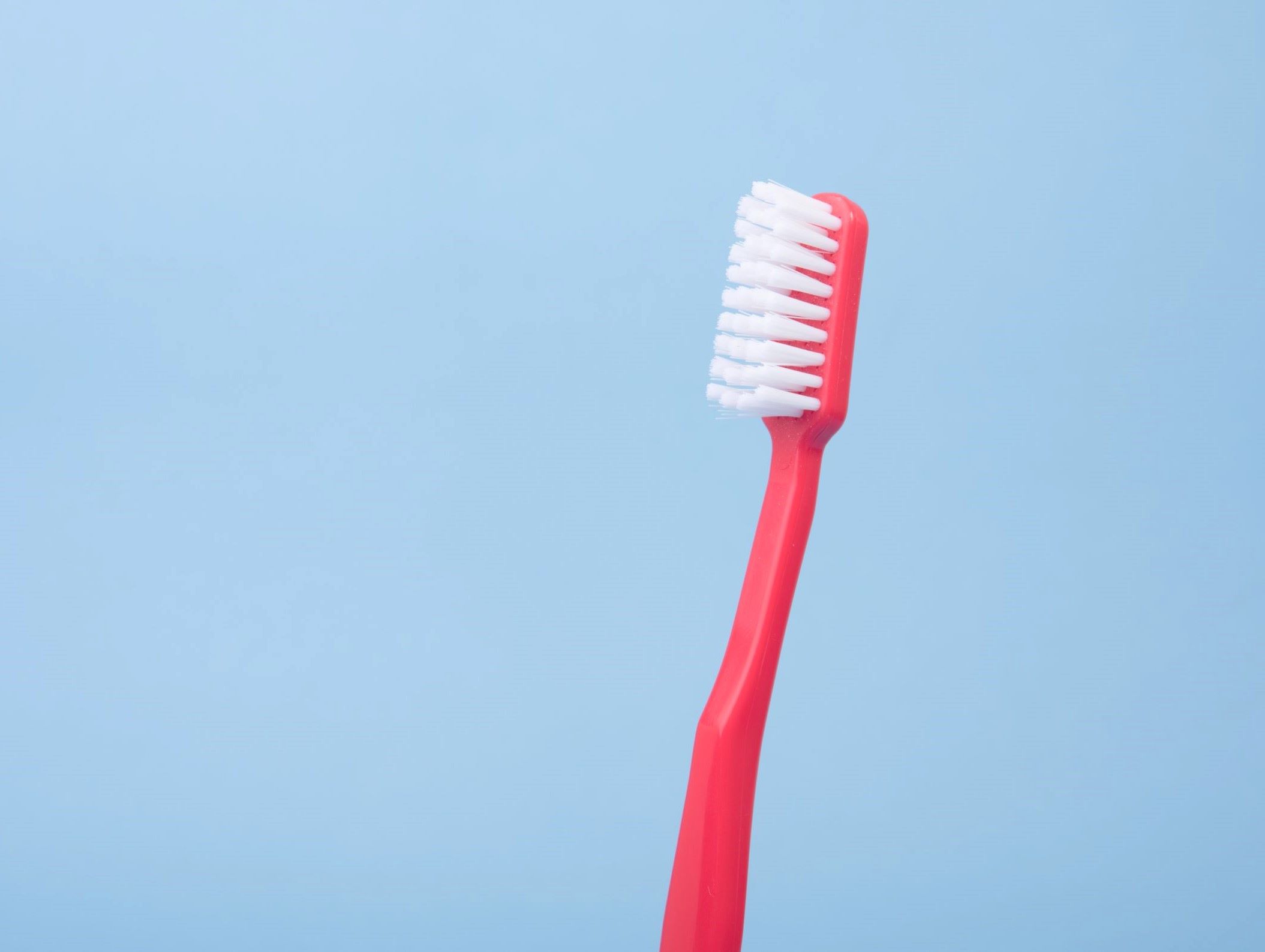
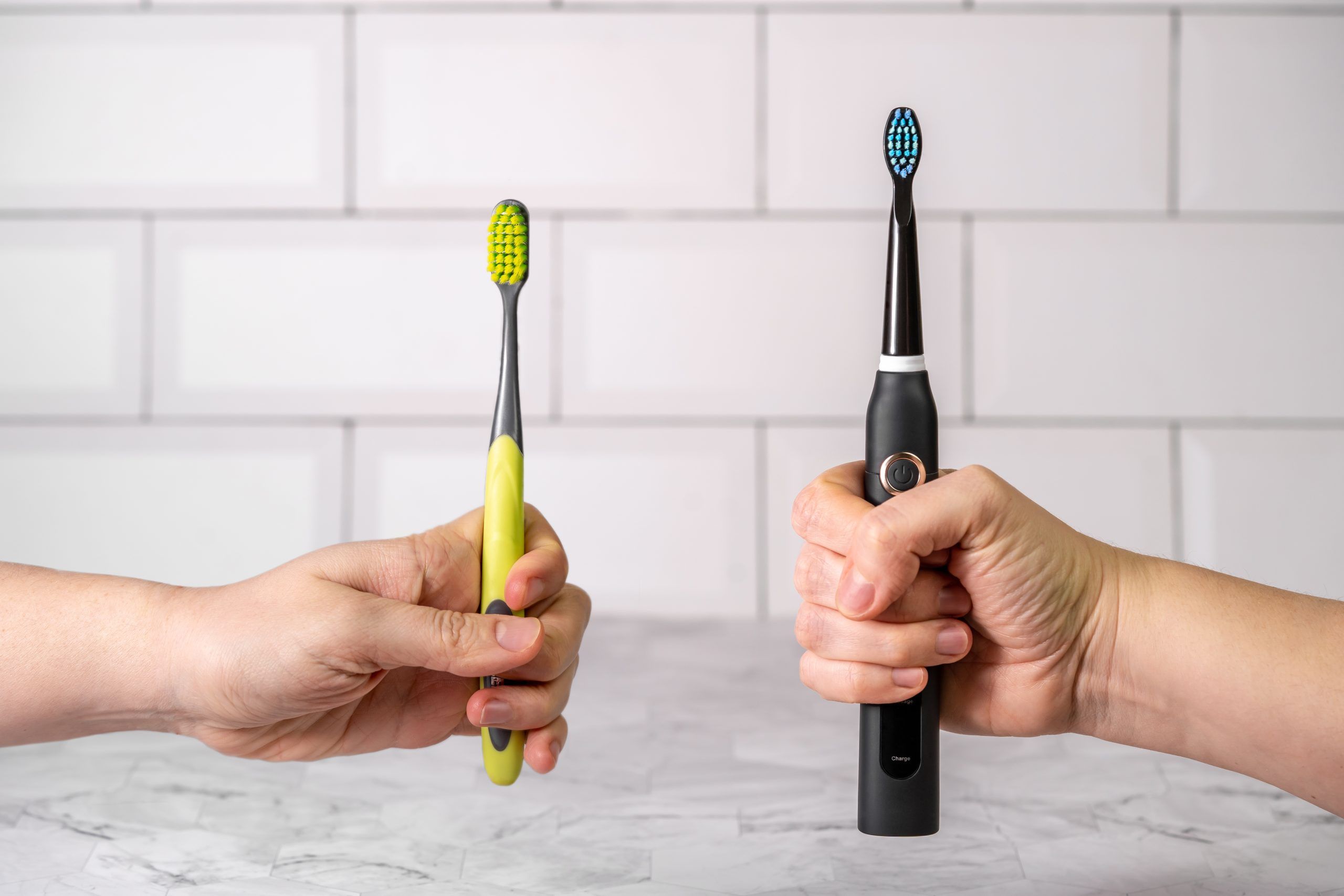
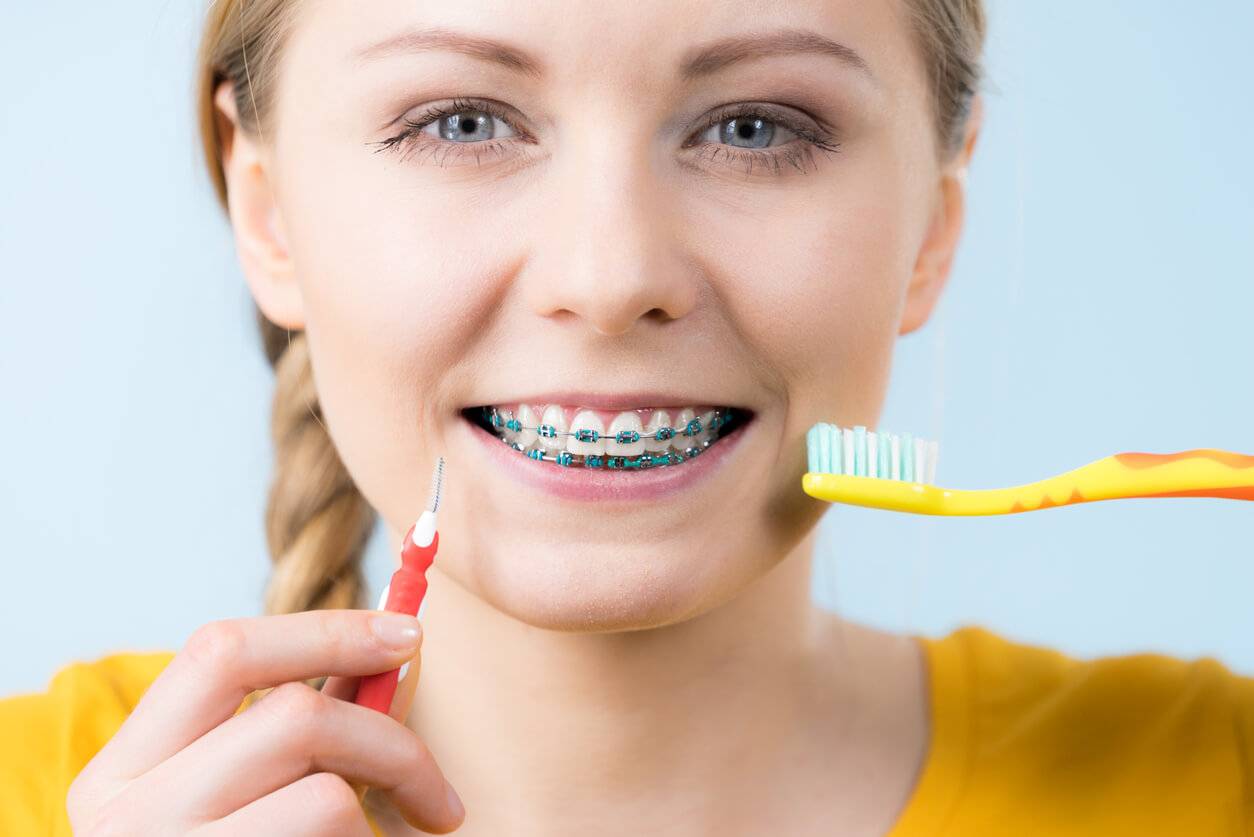

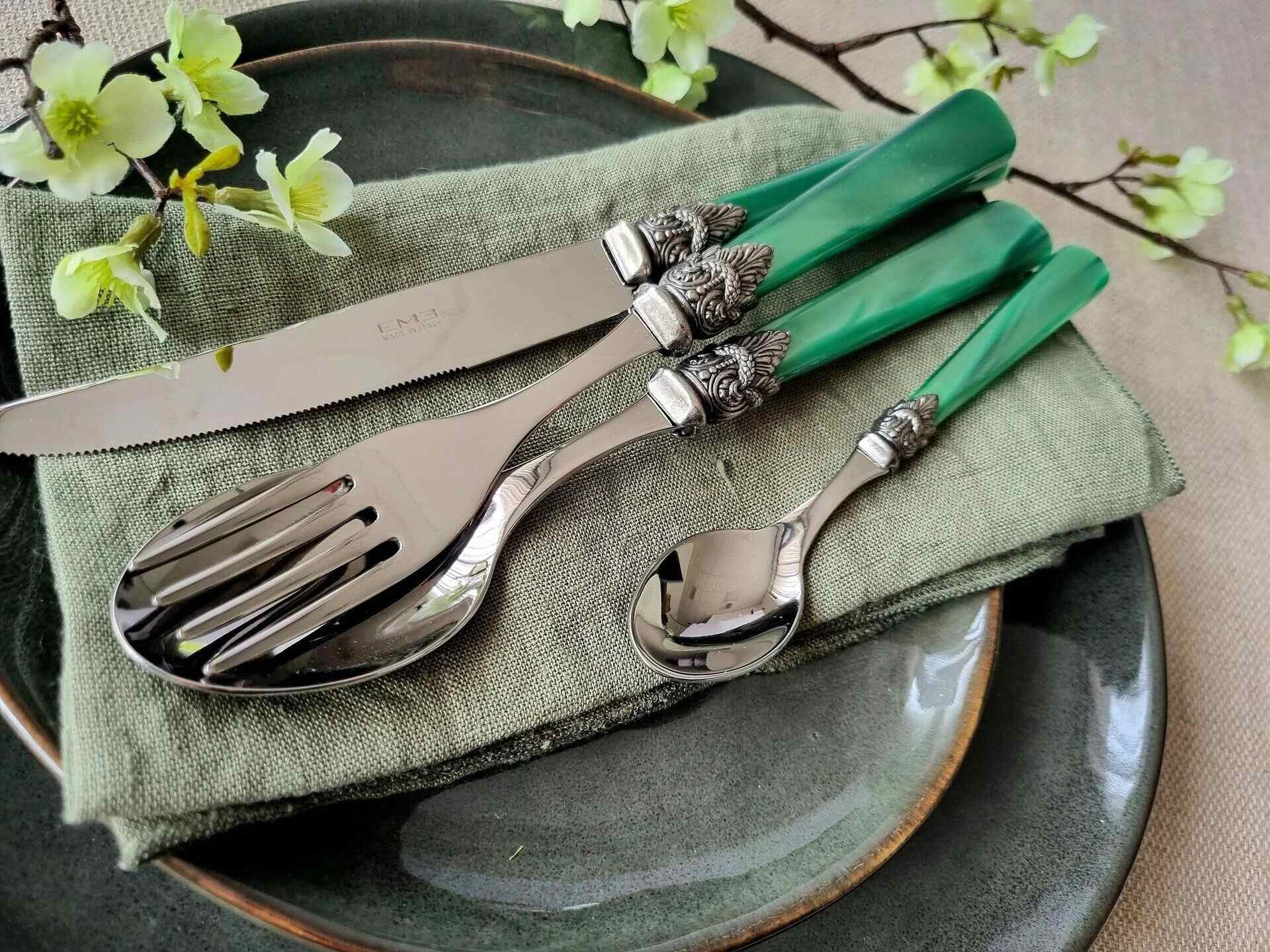
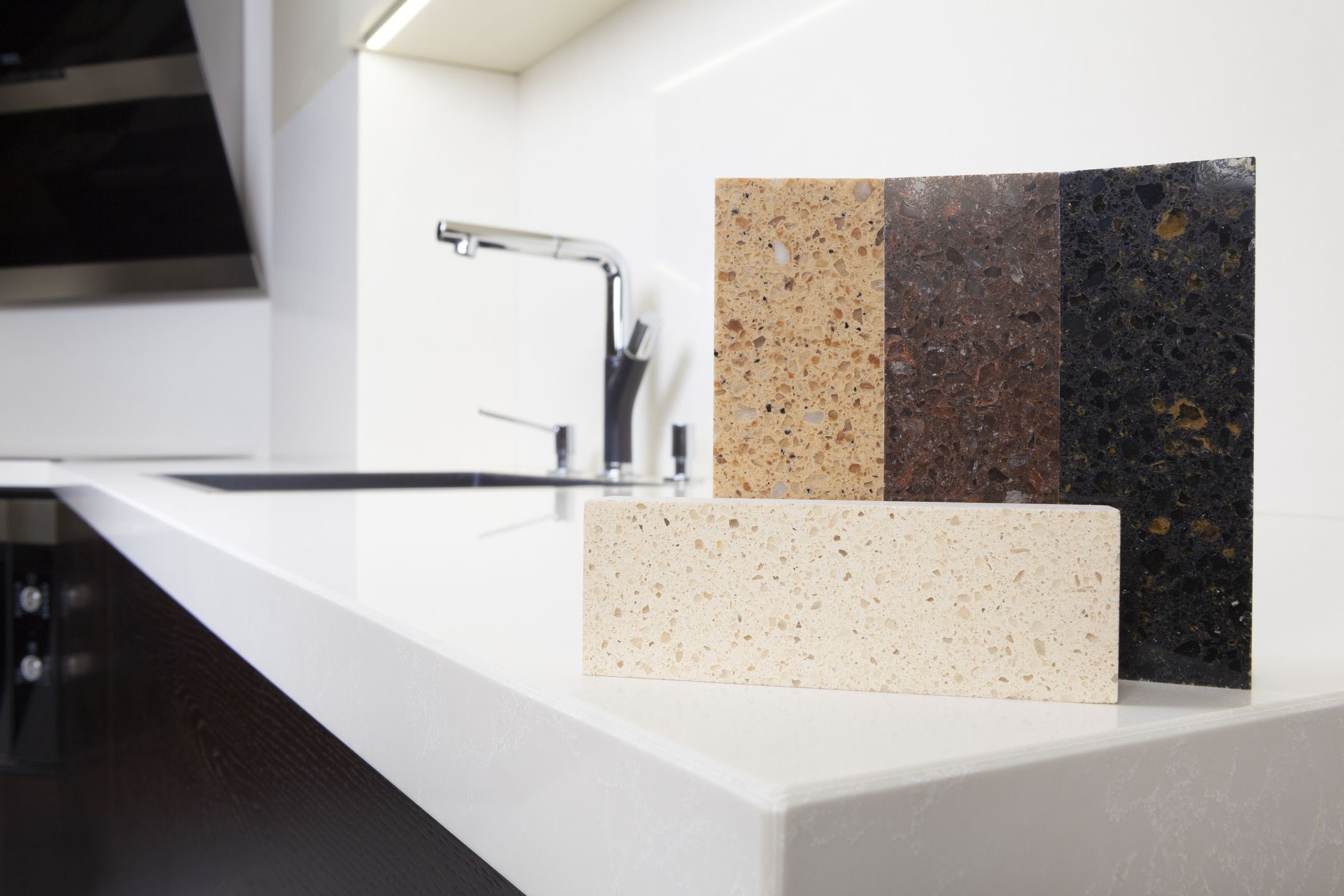



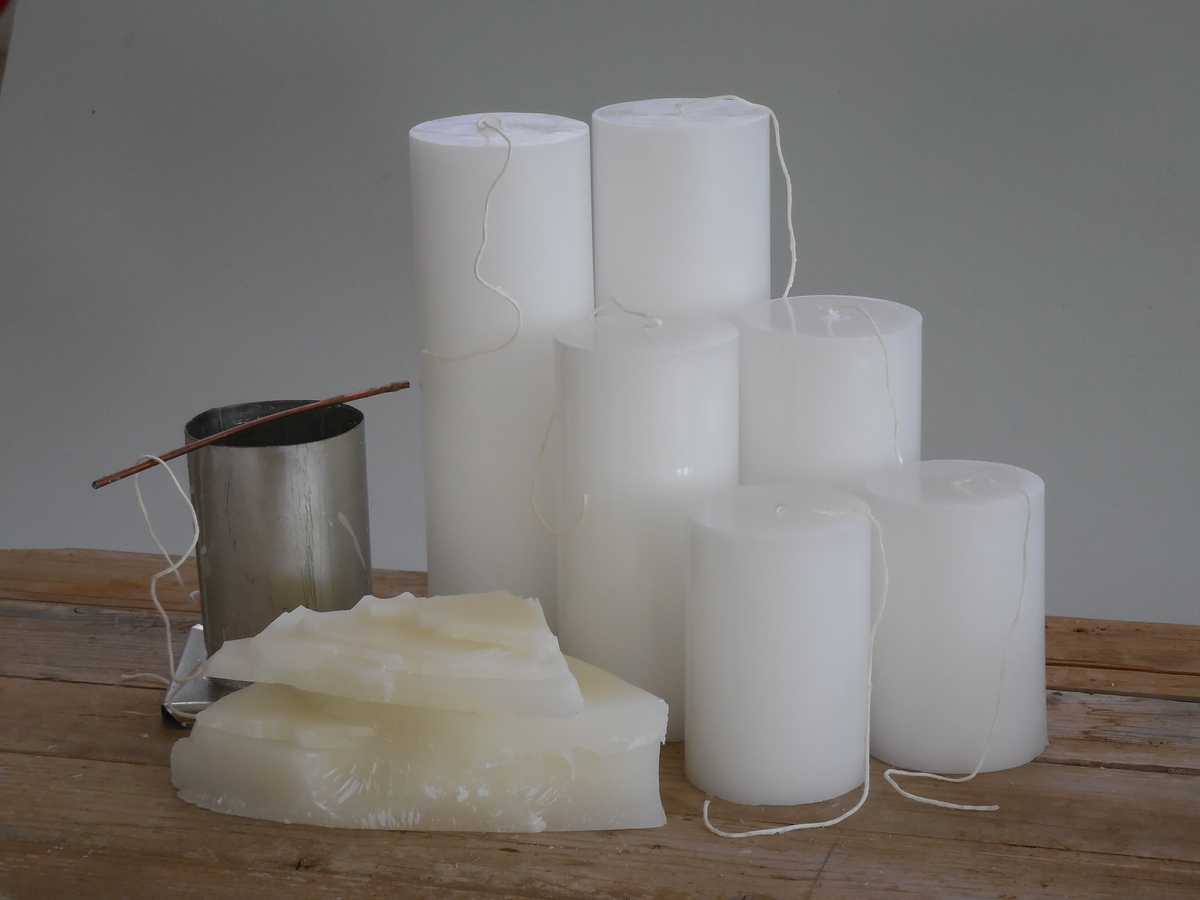

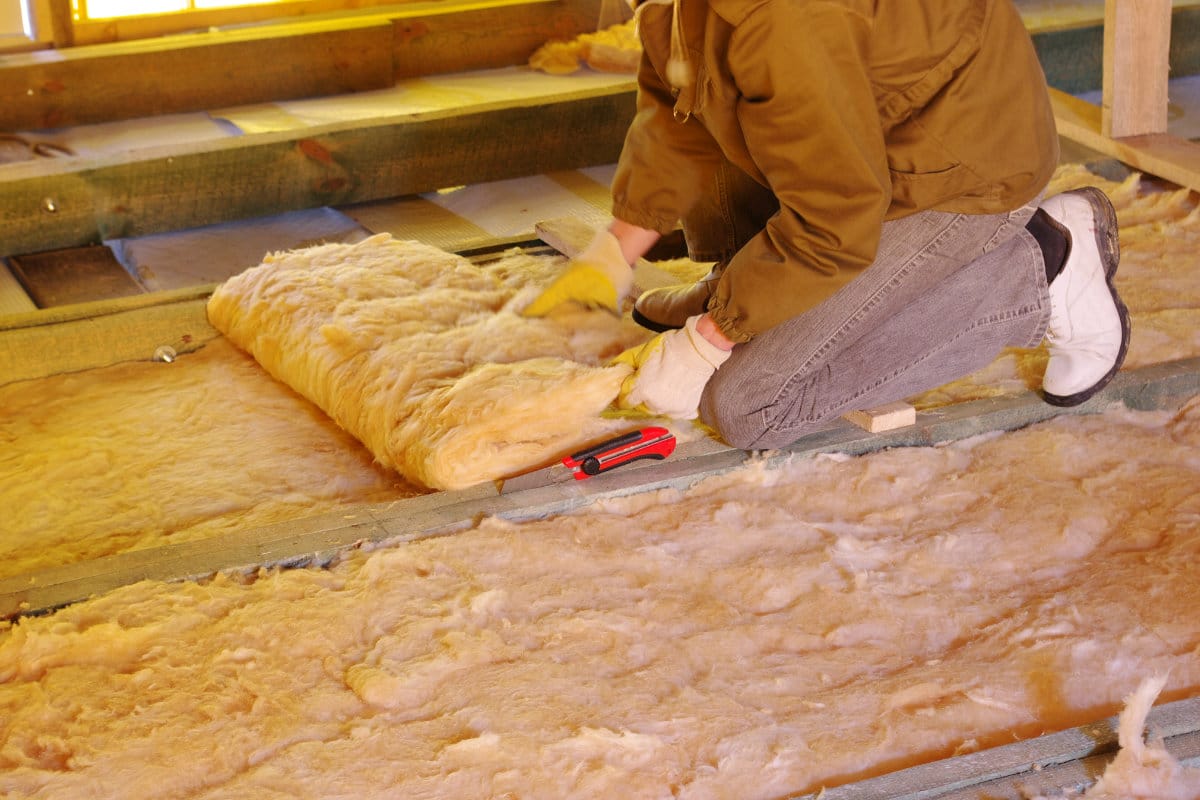

0 thoughts on “What Are Toothbrush Bristles Made Of”